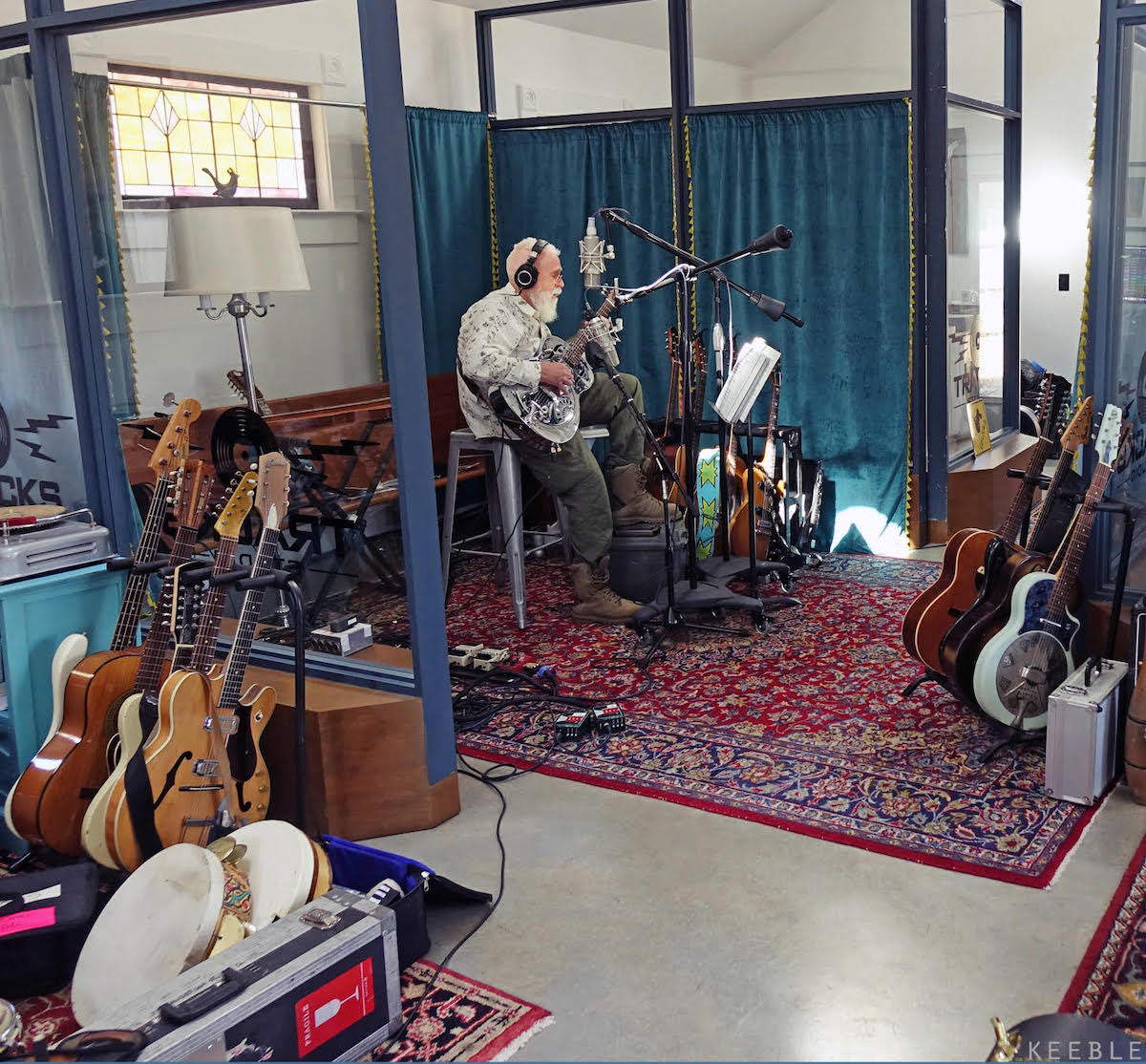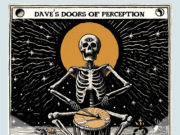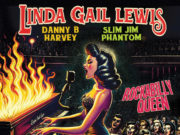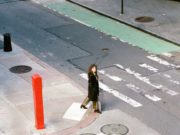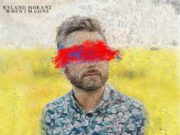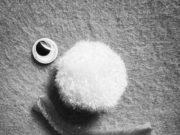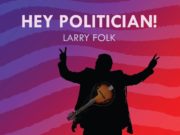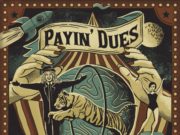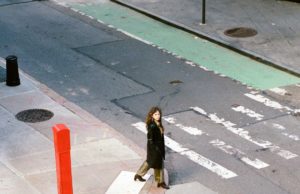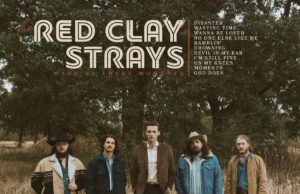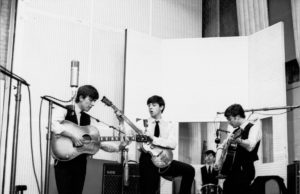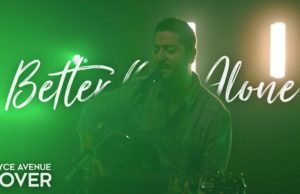Bruce Cockburn fights To Keep The World We Know with the help of Susan Aglukark in their new lyric video — showcasing today on Tinnitist.
Taken from the Canadian folk icon’s latest studio album O Sun O Moon, To Keep the World We Know is one of the album’s few explicitly topical numbers. The environmentally themed track bristles with Cockburn’s buzzing dulcimer as he and Inuk music star Aglukark — with whom he co-wrote the song — sing about the growing threats of global warming, greed and willful ignorance.
An inspired poet and exceptional guitarist, the award-winning Cockburn has spent his entire career kicking at the darkness with songs that tackle topics from politics and human rights to the environment and spirituality. And he’s not letting up. While other singer-songwriters his age are slowing down, Cockburn, on the eve of his 78th birthday, has released a dozen new compositions as powerful as any he’s written.
Exquisitely recorded in Nashville with his longtime producer, Colin Linden, O Sun O Moon exudes a newfound simplicity and clarity, as Cockburn focuses on more spiritual than topical concerns this time around, looking back and taking stock. “I think it’s a product of age to a certain extent,” he explains, “and seeing the approaching horizon.” Then, lightening the tone, he adds with a laugh: “I think these are exactly the kind of songs that an old guy writes.”
Most of the songs strike gentler tones, from the jazz sway of Push Come to Shove and the folky drone of Into the Now to the string-laden Us All and the hymn-like Colin Went Down to the Water. The latter, one of several songs Cockburn wrote while on a month-long holiday with family on the Hawaiian island of Maui, describes the drowning of a friend. “It’s not about Colin Linden,” Cockburn is quick to point out, “but someone I knew from San Francisco who’d moved to Maui. It was tragic and quite surreal because I got a voicemail message from him when I was in Maui, saying ‘Welcome to paradise,’ and then found out afterward that he’d died.”
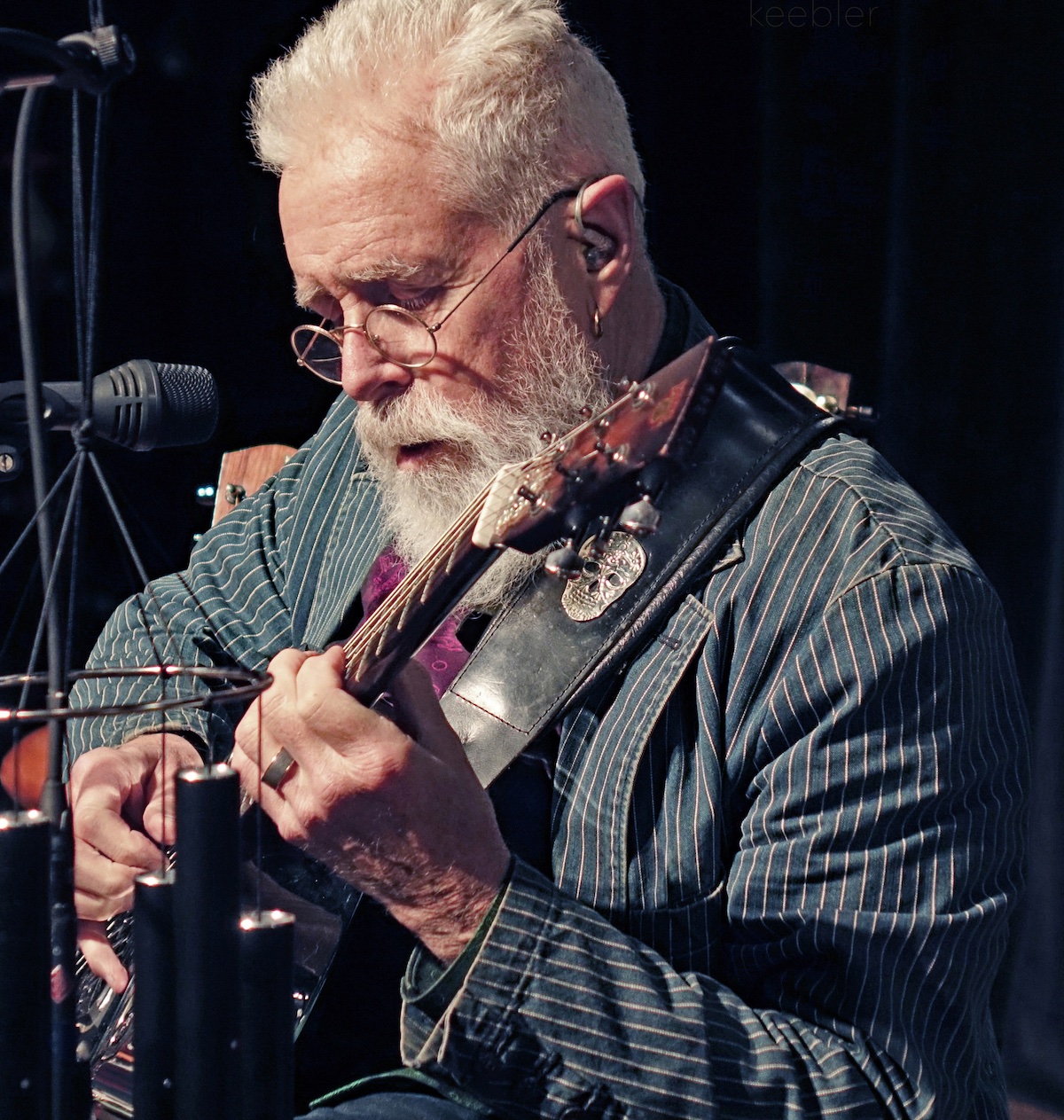
Speaking of surreal, another song written while in Maui, the whimsical King of the Bolero, is unlike anything else on the album. Over a woozy clarinet and drunken, New Orleans-style horns, Cockburn paints a cartoon portrait of an oversized barroom musician “with a double chin all the way round his neck and a pot belly in the back.” Is it a dream or a figment of his imagination? In a gravelly voice, Cockburn leaves us guessing.
“The people I was with in Maui were quite perplexed when they heard that song,” muses Cockburn. “After hearing the other things I’d written there, they wondered ‘where did that come from?’ It really came from out of the blue. I remembered when I was in high school one of my friends made a crack about an old blues singer who used to come through who he said had a double chin in the back. It was a funny thing to hear at the time and it stayed with me. I didn’t want to make it specifically about a black blues guy, so I mention Minnesota Fats and Fatty Arbuckle as well as Fats Domino and Fats Waller.”
As with so many Cockburn albums, the musicianship on O Sun O Moon is superb. Along with usual suspects Linden on guitar, Janice Powers on keyboards and Gary Craig on drums, the album features bassist Viktor Krauss, drummer Chris Brown, accordionist Jeff Taylor, violinist Jenny Scheinman and multi-instrumentalist Jim Hoke. And Cockburn’s guest vocalists include Shawn Colvin, Buddy Miller as well as mellifluous singers Allison Russell, Sarah Jarosz and Ann and Regina McCrary, daughters of gospel great Rev. Samuel McCrary, one of the founders of The Fairfield Four. The McCrary sisters shine brightest on the title track, whose full name is O Sun By Day O Moon By Night. They sing the euphoric chorus of the song which relates, during spoken verses, a dream Cockburn had in which he makes the journey to heaven. “In the dream, which was really powerful,” says Cockburn, “I see myself silhouetted on a ridge with this jar of blood pouring it on the soil. It wasn’t scary or disturbing at all.” Cockburn adds that he wrote the line “and if that sun and moon don’t shine” in the spirit of songs from the folk ballad Mockingbird to the blues number Bo Diddley.
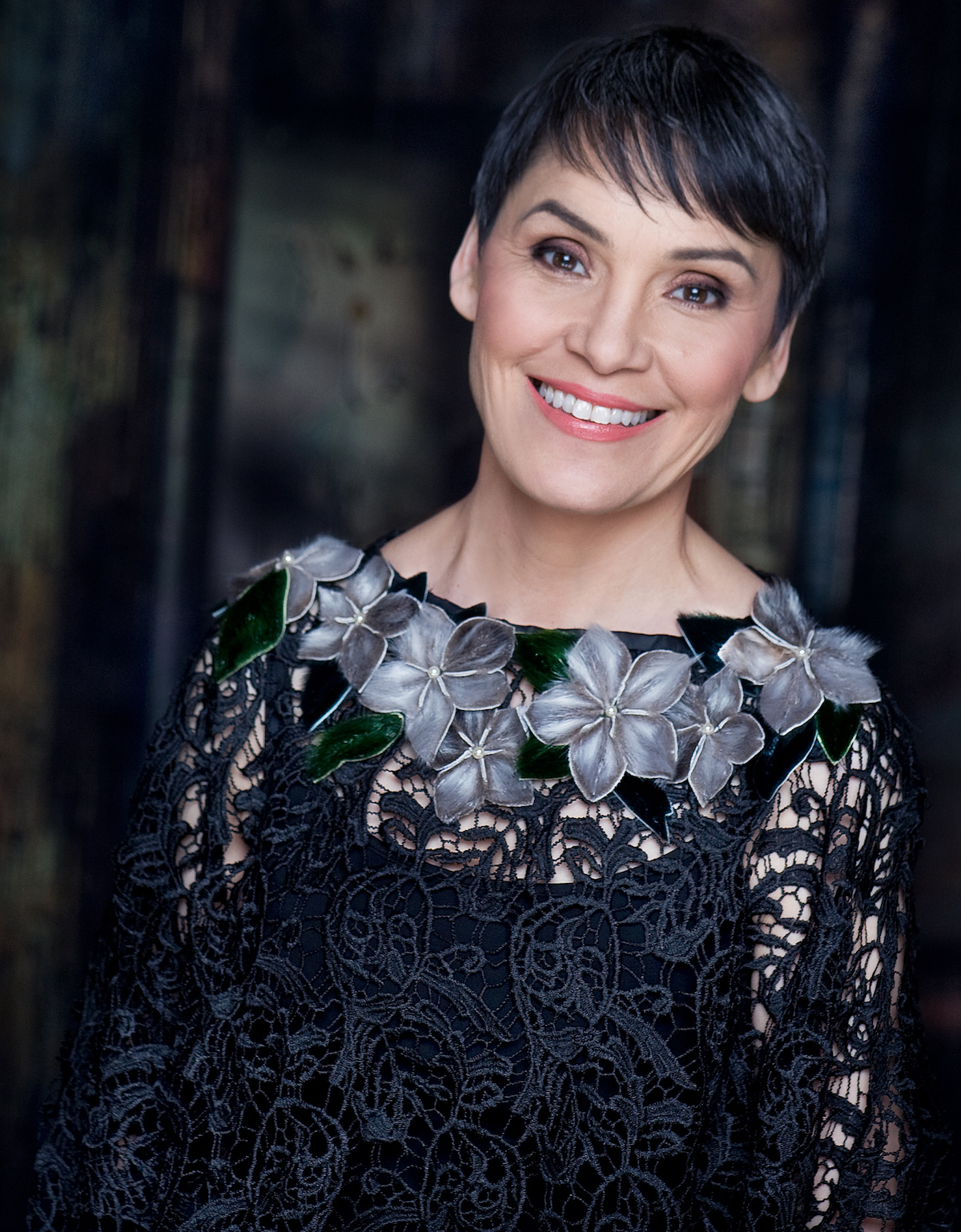
The album’s jazzy closer, When You Arrive, finds Cockburn confessing to feeling his age when he sings “You’re limping like a three-legged canine, backbone creaking like a cheap shoe.” But it’s clearly a song of acceptance, about eventually slipping one’s mortal coil, as he’s joined on the chorus by all of his guest vocalists, singing “bells will ring when you arrive.”
O Sun O Moon includes just one song without vocals, Haiku, a four-minute showcase of Cockburn’s fleet-fingered guitar work, where his previous studio recording, 2019’s Crowing Ignites, was a collection of all instrumental numbers. In between those albums, Cockburn, the Order of Canada recipient, 13-time Juno Award winner and Canadian Music Hall of Fame inductee released a 50th anniversary box set, greatest hits package and rarities collection.
Never one to rest on his laurels — even when, as he notes, “time takes its toll,” Cockburn keeps finding and conquering new challenges, never repeating himself in the process. “I just don’t want to ever keep doing the same thing,” he says. “I’m grateful that I can keep on doing anything at this point,” he adds. “My body doesn’t hold up and perform the way it once did.”
That may be so. But the legendary musician has just made his 38th studio album. And it may stand as one of his best of his long and storied career. Watch the video for To Keep The World We Know About, sample O Sun O Moon below, and keep up with Bruce Cockburn on his website and Facebook.
